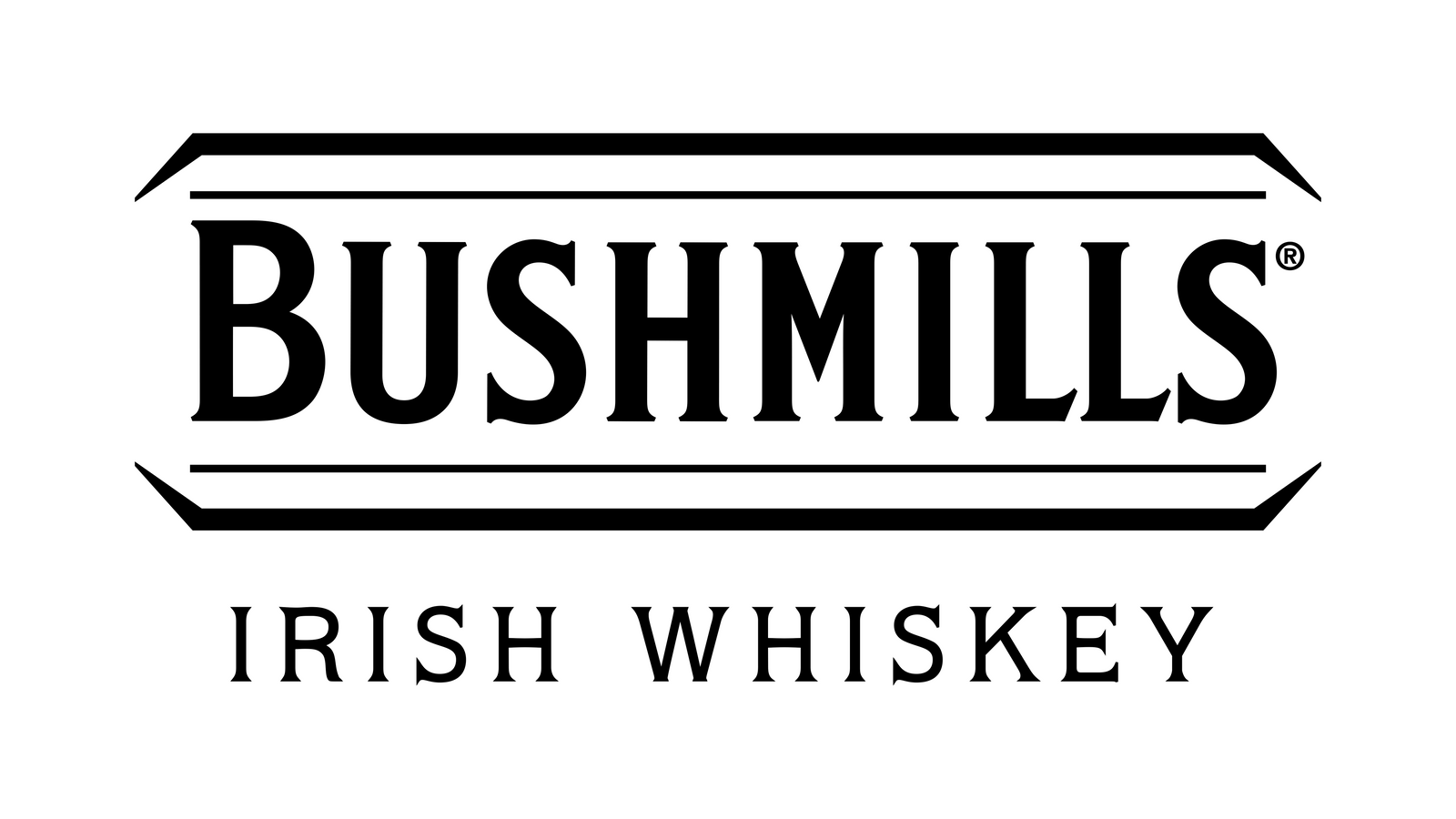Door Knock’s Natalie Ng on how to open a bar that lasts (and what it might cost)
“It’s almost like going on a first date,” when it comes time to open the doors.


It’s a bit of an ask, depending on the kind of person you are: entering Door Knock for the first time, you open a door next to a little coffee shop on Pitt Street to find a narrow passage — it’s hemmed in by drab cinder blocks and you step down two and a half flights of stairs below the street; you walk along, some 30 or 40 yards, down a darkened corridor lit by candlelights on the floor, before you get to the door. You knock the golden pineapple door knock three times, and hey presto — you’re inside.
Now, in that scenario, you’re either a curious person and looking forward to the adventure, or you’re wondering just what the hell you’ve gotten yourself into.
“It doesn’t help that we have a strip club next door,” says Natalie Ng, co-owner of Door Knock and one of the Australian bar scene’s leading lights. You can always tell the customer who has lost their way.”
Door Knock opened in the last half of 2017, with a focus on cocktails, good wine — plenty of sherry, too — and the aim of putting hospitality at the centre of it all. It’s an aim it’s fair to say they’ve achieved in the years since — Ng was recognised with Bartender magazine’s outstanding contribution award in 2021, and the bar is regularly in the mix at award shows.
Importantly, the bar is busy.
So below, watch the video interview with Ng on how she’s set up the bar for success — and importantly, longevity — and hear how much money she thinks it takes to open a new bar, and loads more. We've also got some edited and condensed highlights below the video.
Interview with Natalie Ng, Door Knock
Sam Bygrave: Door Knock is now five years old?
Natalie Ng: Yeah. Five and a bit actually. So we probably have to actually have a party or something.
But two of those years were these weird pandemic years, right? So does it feel to you like it’s five years old?
Sometimes it feels like it’s 10 years old, and sometimes it feels like six months. So I mean, I’m sure you’ve heard about it, but your perception of time, especially after the big Covid over the last two years, everyone has no idea what day it is anymore, what time it is anymore. So yeah, it seems like sometimes, Door Knock has been here for ages. And sometimes, again, when you have to roll with the changes, it seems like it’s six months.
How did Door Knock come about — what was the idea behind it? Because there was something here beforehand.
Yeah, it was a Nordic restaurant called Norsk Door. So it was pretty much a fine dining, Nordic restaurant, in a basement. It was really, really nice and clean, really quite a beautiful restaurant, actually. But obviously, it didn’t sort of work as a restaurant. And I really, really liked the space and I was looking for a speakeasy space at that time. At that time, I was working for Diageo an I really just wanted to to get back into bars and wet my feet again in the bar ownership world. So when I saw the space, I was just like, cool — this is it I reckon. And I knew it would work more as a bar than restaurant.
Eight years in: how to open a bar like Brooklyn Standard. One of the hardest bars to do well and — crucially — to keep going, is the party bar.
“Dive bars never die.” Charlie Lehmann on Ramblin’ Rascal Tavern and building a bar that lasts.
‘I never thought about success,’ says Hayden Lambert. The Above Board owner talks about their nearly six year journey.
So what was it about the space that spoke to you?
It was really homely. When you think about Nordic places, it’s all really quite minimal, very clean, very polished. But even with almost nothing there, it already felt cosy and comfortable. So that’s what I really liked about it. And the fact that you have to sort of work for it, when you go all the way down those flights of stairs, like you want something that’s really impactful once the door opens. And I think that the venue already had that. So it just needed little tweaks. And let’s be honest, I didn’t have the most cash in the world to do anything. So it was good that the bones were there already.
Can you describe the entrance. It’s like this two flights of stairs, like almost three.
A long fire stairwell, you know, nice and dark. When it was the Nordic restaurant, they actually had imagery of wolves running up and down it, which was actually kind of cool. It was a little bit creepy. And they had the wolves howling and everything as well.
What were those first few weeks and months of opening the bar like? What is it that people don’t understand about opening a bar? Everyone knows it’s gonna be tough.
It’s such a confusing feeling, there’s a lot of anxiety. It’s almost like going on a first date, right? You’re a little bit nervous, but you’re a bit excited — is it gonna be great? Is it not going to be great? Are they actually going to show up? I always like to describe it to people like the first party that you throw in high school — is it going to be a success? Are people going to come? Is the vibe going to be great? Or it’s also like training for your first marathon or the first game of the season. You’ve put so much time, so much hard work into it, like you basically have spent the last years of your life working up to this one opening of a venue. So all the adrenaline comes into play as well. It’s just a mix of those two big feelings.
And then, once it’s open, there’s your first sigh of relief, and then it starts again. It’s crazy.
Did you get any time to go,oh, look what we did?
I also got married recently this year, but it is one of those things like, you know, everything leads up to that one moment. And I guess you need to take that breather in between to go, Oh, yes, we finally did it. You know what I mean? To give yourself a pat on the back, that everything has worked out, and also not to be too hard on yourself.
What has changed since those early days? Have you changed much about the place going along?
Look, again, with a bar, it’s almost like a person, right? So every bar, or every good bar should have a personality. And if you’re not an asshole, you’re not a dick, hopefully every year you’re trying to sort of improve yourself and be a better person.
That’s what I’m doing wrong.
Some of us just stay the same throughout the years. I feel like the best bars that you go to, it’s always about the people behind the bar, and the person who owns it or whatever, it’s their vision. And that’s the one thing that makes your bar different from everyone else’s. So you really have to stick to what you believe in and what you kind of set out to do. However, it’s also that fine line of also listening to your consumers and your customers, the people who are actually there to spend money.
Okay, so after the experience of opening this place and going through COVID and everything, you’re looking at opening a new venue soon.
Yes, definitely.
Are you not warned off that at all? With everything that has happened and this unpredictability?
Again, five and a half years in you are as a person still looking for new challenges. You know, I might want a place that I can see some sunlight in you know?
Do you think the next is gonna be easier?
It’s never easy. I don’t think it gets easier. But I don’t know. I probably would like to talk to someone like [Swillhouse’s] Toby Hilton about it or someone that’s done several venues. But I don’t think it ever really gets easier. Because you know, your concepts are different. The venues are different.
What do you think it is about Door Knock that makes it special and that has given it this longevity?
I’ve been in industry for a long time. I’ve been to a lot of bars in my life. So have you. I’ve never, even when we were thinking about Door Knock, I never set out to open anything super innovative. That’s the cold, hard truth. I never saw myself as an innovator or someone that would change the world of bars, you know, like Matt Wiley at Re does that so well, there’s people in the industry that do that exceptionally well.
You tend to have the creative type and the operator type.
Yeah, exactly. And I’ve never been that person. But it’s also because I’ve always liked going to the bars where they’re warm, comfortable, cosy — it doesn’t matter if I was taking a high school friend or my mum or my best friend, there’s always something for everybody, great solid offerings, a broad sort of offering — a bar being just a bar without a theme or a concept to it. Those are the places I love going to. The service is going to be great. Or you see a mate or a bartender or a host or a waiter or waitress that you loved going to see and they’re always recommending you something that you might not have liked beforehand. You have a little bit of a rapport with the venue.
You’ve got your your doctor, your lawyer and your bartender.
Yeah, and they all walk into a bar. But that’s the thing. That’s the kind of bars that I’ve always liked going into.
It’s a really old concept, right? This is going back to the time of Jerry Thomas.
And of course, things like attention to detail are so important. And I’m sure anyone that has ever worked for me will always tell you that the attention to detail is so important here. I have all my bar stools, facing 45 degrees that way because that’s where people walk into, they can slide easier into the seat.
These are things that customers don’t necessarily notice.
It’s almost like if you went into a cafe and your tables all wonky — they could still serve you amazing coffee or eggs Benedict, but already, subconsciously, you’re just like, that kind of sucks.
So attention to detail was always so important. And you can tell when everyone’s quite passionate about what they’re selling. Because at the end of the day, we are the hospitality industry, but we’re also in the sales industry. So we are constantly selling what we love to sell. That is also extremely important to always drill into your staff. It was never meant to be the most innovative venue in the world. But it was meant to be a cosy, warm place that you just want to keep coming back to.
So what are you selling here then?
Something for everyone, like, a great selection on the back bar, you know, an ever-changing cocktail list. We like to obviously keep up with drink trends. More importantly, we sell an atmosphere more than anything.
What are some sort of ballpark figures of the cash that’s going to be required to open a bar?
Depending on your location, where you are, your rent and everything will obviously dictate a lot of where it starts. So your overheads will obviously dictate how much that you need to actually spend right? Square footage, what your concept actually is. I reckon ballpark figure is anything from 400k to in the millions depending on what you’re trying to do. And it’s always good to have contingency money.
What we're drinking
Bushmills Single Malt Irish Whiskey 10 Year Old is triple distilled from a mash of malted barley before being matured for at least 10 years in both former bourbon and sherry casks. It offers up a light, fruity aroma on the nose, with honey, vanilla and milk chocolate flavours on the palate.


